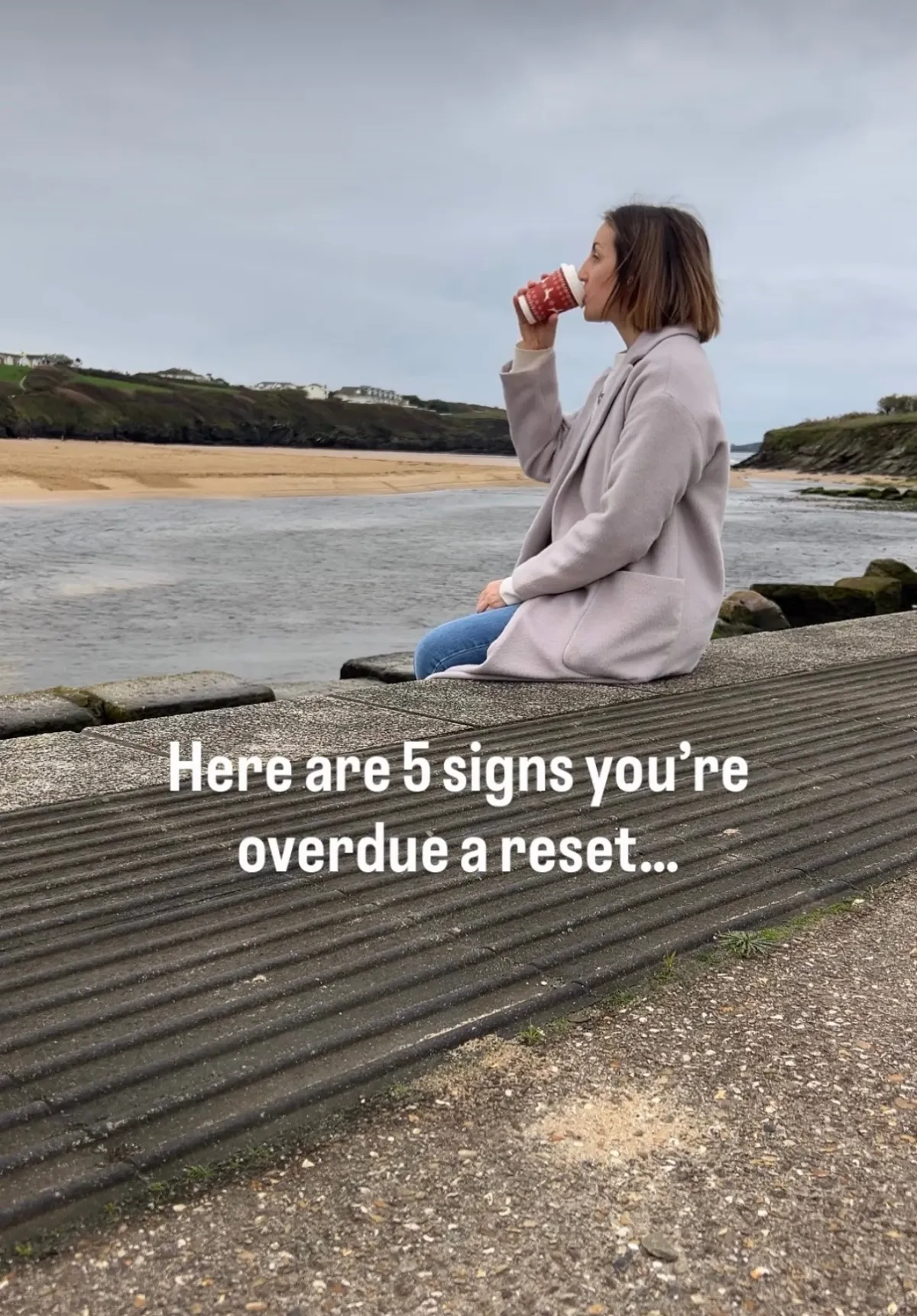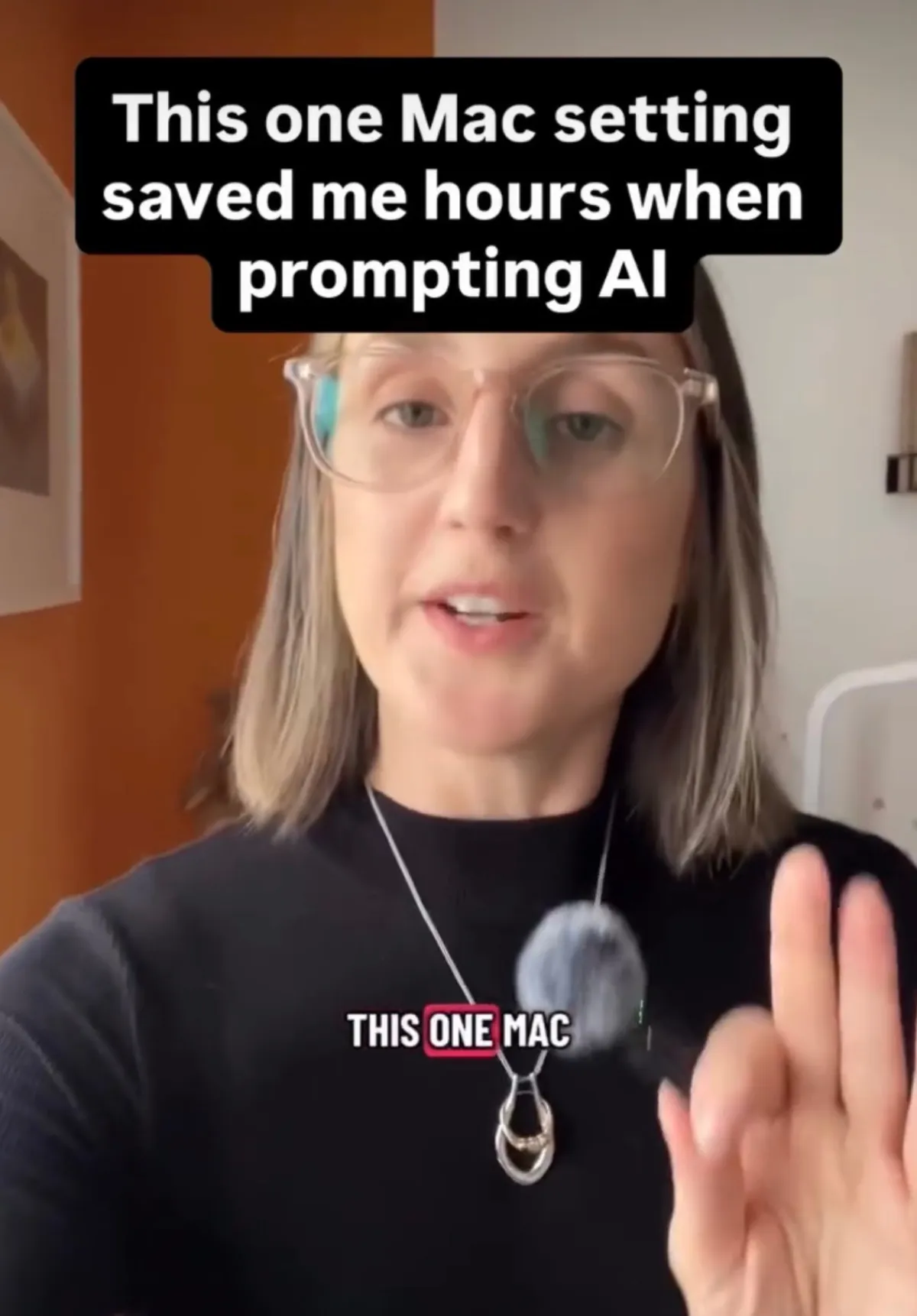BUILD A SUSTAINABLE PM
CAREER THAT WORKS FOR YOU
Tools, coaching, and courses to help overwhelmed project
managers reclaim their energy, simplify their workload,
and finally breathe again.
More Clarity
Cut through the noise, get out of firefighting mode, and lead your workdays with focus.
More Energy
Reclaim your mornings, protect your health, and rebuild rhythms that actually support your wellbeing.
More Time
Use simple systems and AI to lighten your workload, reduce mental load, and give yourself space to rest.
If you’ve been holding everything together for everyone else… but you feel like you’re falling apart behind the scenes…
✴ Waking up already drained
✴ Reacting instead of leading
✴ Constantly “on” with no time to think
✴ Feeling guilty for even wanting a break…
You're in the right place!


LEVEL UP YOUR AI GAME...
FREE AI Prompt Library in Notion
50+ proven prompts that take you from sales handover all the way to lessons learnt.
Inside, you’ll discover:
✦ 50 copy-and-paste prompts covering every stage of delivery
✦ Tool recommendations
✦ Documentation ideas to keep your prompts tidy
✦ A built-in prompt evaluation table, so you can track what works and refine over time
✦ Instant access to a Notion library that’s yours to duplicate, edit and adapt.
Here's how I can help...
Reset to FLOW (self-paced)
Your first step out of survival mode.
If you’re overwhelmed, exhausted, and constantly running on adrenaline, this is your reset button.
In this course, you’ll learn how to:
Reclaim your energy and stop starting the day on empty
Set boundaries that actually stick
Simplify your workflow so your brain isn’t doing the work of five people
Use AI and energy-aligned systems to create space, clarity, and breathing room
Get out of firefighting mode and back into focus


AI Productivity Power Hour
Cut through the chaos in just 60 minutes with an AI Productivity Power Hour that turns firefighting into focused, calm execution. You'll uncover your biggest time drains and design a personalised AI workflow that quietly saves you hours every week, without adding more to your plate.
In this 1:1 session, You'll:
Identify the tasks you can automate straight away, so you stop wasting energy on repeat work.
Build a custom AI workflow using tools that match your role, your brain, and your way of working.
Leave with a simple, realistic action plan you can plug into your existing schedule tomorrow.
1:1 Coaching
(12 weeks)
A deeply personalised transformation for professionals who are ready for lasting change. In this private coaching experience, we rebuild your structure, confidence, and balance, without adding more pressure to your plate.
You'll get:
Fortnightly 1:1 calls focused on clarity, energy, and sustainable routines
Private membership (free for one year, then £9/month)
Access to all future workshops
Personalised workbooks, frameworks, and AI support
Sessions that fit around your schedule, not the other way around

Don't just take my word for it...
Anisha
Working with Ema has helped me to focus on my core values at a time where I was dealing with a lot of change in all aspects of life. I was moving from employed to self-employed, dealing with a newly diagnosed chronic illness and a mum to two young children. Ema was able to help organise my thoughts and priorities, provide valuable tools to help me navigate the changes I am making and hold me accountable when I needed it. Ema has a calming presence and approach to her work, she is able to cut through my ramble and pick up on the topics that need her support all while giving me a space to be open and reflective. I'd recommend working with Ema if you are looking for a whole solution that focuses on what is important to you.

HEY, I'M EMA.
I’m passionate about helping brilliant but exhausted project managers finally get the space, clarity, and balance they’ve been craving.
I’ve seen too many capable PMs burn themselves out trying to hold everything together. You give so much, and you deserve support that actually gives something back.
I'm all about helping you build a career that feels calm, sustainable, and human, using simple systems, emotionally intelligent support, and AI that lightens your load.
✴
Ready to feel like yourself again?
Let’s rebuild your career in a way that feels sustainable, grounded, and actually enjoyable.


SUBSCRIBE TO MY CHANNEL
New videos every Monday to help you lead with clarity, calm, and actual headspace.





